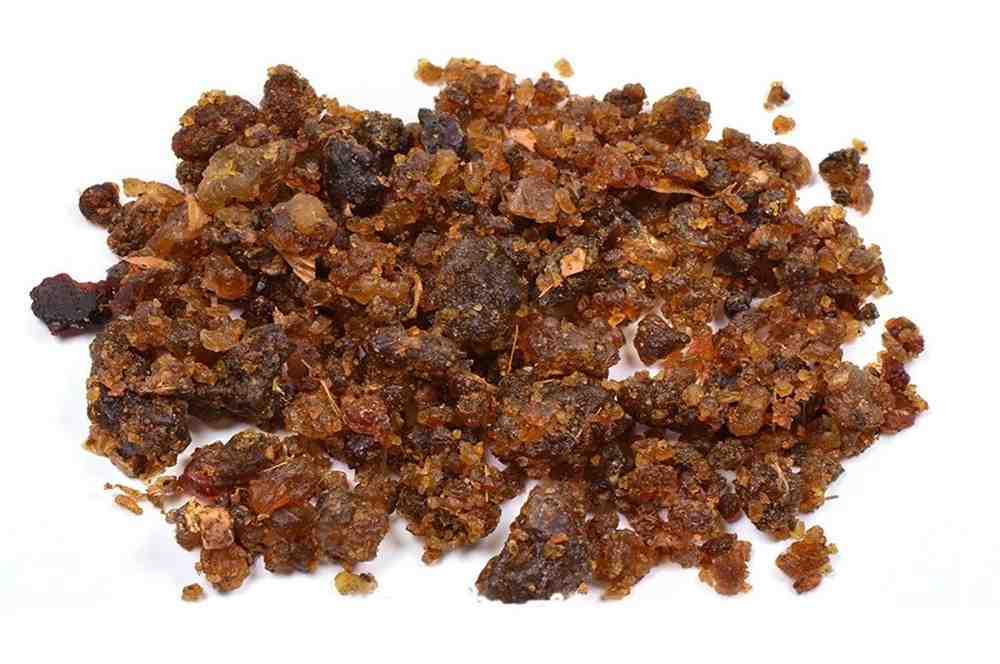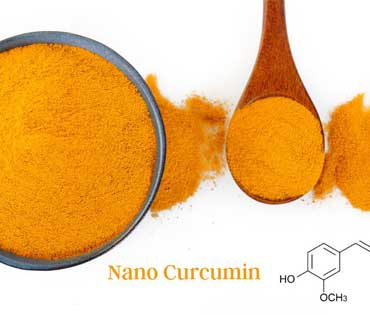Introduction: When Ancient Wisdom Meets Modern Wellness
Hearing “Your cholesterol is a little high” at the doctor’s office can be unsettling. While medication and strict diets are common solutions, natural options may offer gentle support. One such option is Guggul Extract—a resin from the Commiphora mukul tree valued in Ayurveda for centuries. Emerging research suggests it may help support cholesterol balance and cardiovascular wellness.
The Origins: Guggul in Ayurvedic Tradition
Guggul, meaning “protects from disease” in Sanskrit, is a sticky resin from the bark of Commiphora mukul. Traditional texts describe it as balancing the three doshas (Vata, Pitta, Kapha) and potentially supporting:
- Lipid balance
- Weight management
- Joint comfort
- Detoxification
- Overall cardiovascular energy
Potential Effects on Cholesterol and Heart Health
Understanding Cholesterol
Cholesterol is essential for building cells and hormones. Problems arise with higher LDL (bad cholesterol) and lower HDL (good cholesterol), which may contribute to plaque formation in arteries. Guggul may help address these imbalances.
How Guggul May Support Lipid Regulation
- May help suppress cholesterol production in the liver
- Could support the breakdown of LDL cholesterol
- May assist in raising HDL cholesterol
- Could contribute to lower triglyceride levels
Guggulsterones, the active compounds in Guggul, may interact with FXR (Farnesoid X Receptor), influencing bile acid and cholesterol metabolism.
Clinical Insights
- A study reported LDL reduction of ~21% and HDL increase of ~12% after 12 weeks of Guggul supplementation.
- Other trials suggest modest improvements in total cholesterol and triglyceride levels in individuals with elevated lipids.
Reported benefits were generally observed without the side effects sometimes seen with statins.
Why Guggul May Be a Preferred Choice
- Generally well tolerated at proper doses
- Natural and plant-based, with centuries of traditional use
- Supports a holistic approach to cardiovascular wellness
Broader Benefits for Cardiovascular Health
- May improve circulation
- Could support metabolism
- May aid in healthy weight management
- Contains antioxidants that may reduce oxidative stress
- Potential anti-inflammatory effects supporting overall heart health
Usage Guidelines
Forms Available
- Capsules/tablets for convenience
- Powder (Churna), traditionally taken with honey or warm water
- Tinctures/Extracts for higher concentration
Typical Dosage
Many studies use approximately 25 mg of guggulsterones three times daily. Always consult a healthcare professional for personalized guidance.
Administration Tips
- Take with meals to support digestion
- Combining with ginger or black pepper may enhance absorption
Choosing a Quality Guggul Supplement
- Standardization: Look for supplements standardized for guggulsterones (E & Z isomers)
- Purity: Free from heavy metals and contaminants
- Trusted source: Brands with transparent testing, such as Herbal Creations
- Certifications: GMP, ISO, or Organic certifications are desirable
FAQs
Is Guggul safe for everyone?
Generally yes, but pregnant women and those on thyroid medication should consult a physician first.
How long until effects are noticeable?
Effects may appear in 4–12 weeks, depending on dosage, lifestyle, and individual response.
Can Guggul be combined with other drugs?
Consult a physician, especially if taking thyroid or blood-thinning medications.
Does it replace statins?
Guggul may complement or support heart health, but it is not a direct substitute for prescribed medications without professional guidance.
Conclusion: Holistic Support from Nature
Guggul Extract offers a gentle, time-tested approach to cardiovascular wellness. While it may support lipid balance and heart health, it works best when paired with balanced nutrition, activity, and mindful living. In essence, Guggul is a natural ally in fostering overall well-being—helping the body along its path rather than imposing instant results.
*These are not claims; kindly study and verify before processing.





